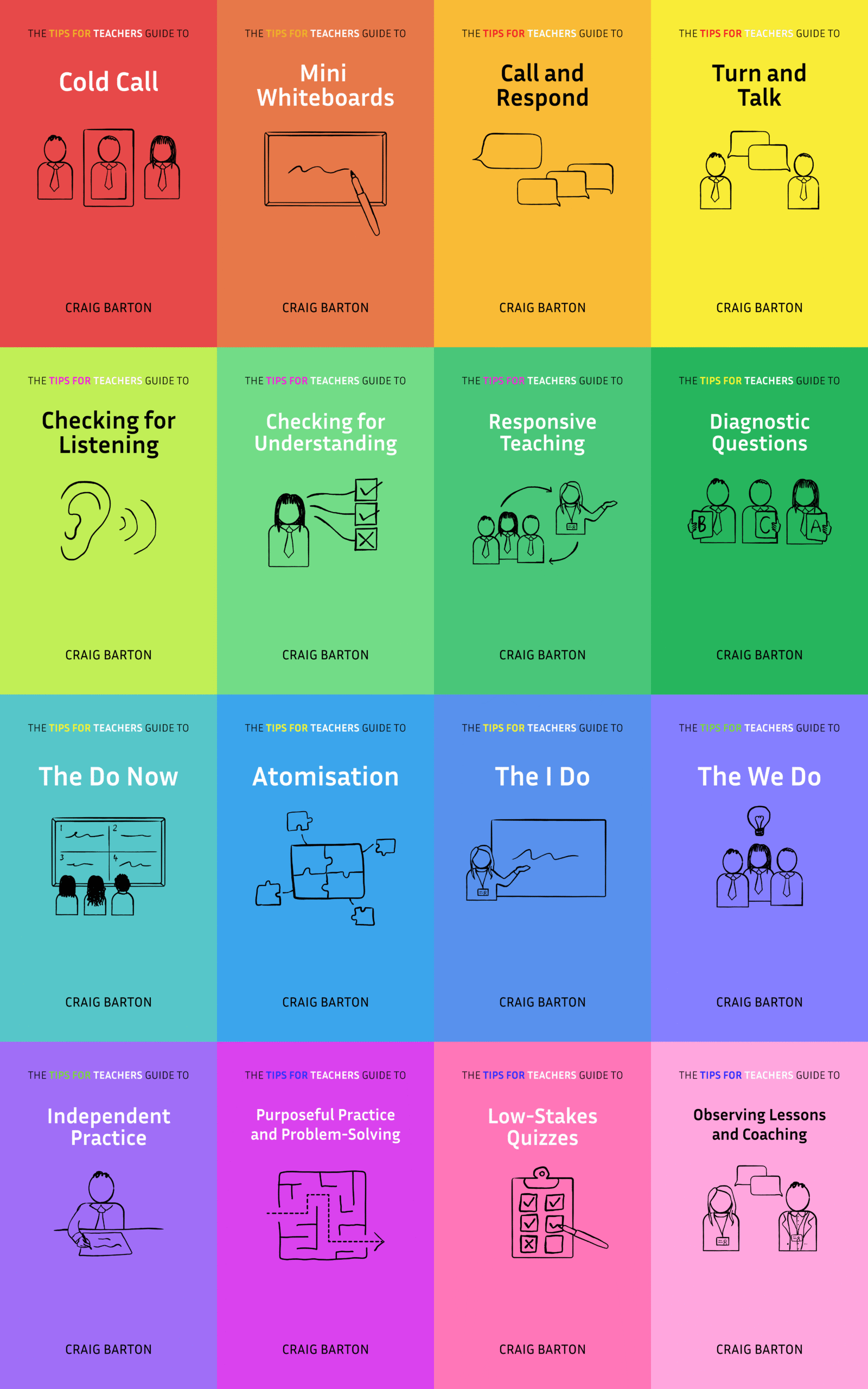Summary
This YouTube transcript from “Tips for Teachers” discusses formative assessment strategies in five lesson phases: Do Now/Starter, Prerequisite Knowledge Check, Explanation/Modeling, Practice, and Plenary/Exit Ticket. The speaker, Craig Barton, advocates for collecting responses from all students, not just a few, to gain a more accurate understanding of student comprehension. He emphasizes the importance of providing timely feedback and suggests using various methods, including mini-whiteboards and technology, to achieve this. Barton encourages viewers to reflect on their own practices and identify one lesson phase to improve their data collection methods. The video aims to challenge teachers to enhance their formative assessment techniques for better student learning.
What are the implications for teachers?
The implications for teachers discussed in the video center around formative assessment strategies and how to gather the most information from students during different phases of a lesson. The video emphasizes the importance of collecting responses from all students, not just a few, to get a more accurate picture of student understanding. Here are some of the implications:
- Collecting Student Responses:
- Teachers should aim to collect responses from all students, not just a select few. This helps to avoid a biased sample, prevent confident students from dominating, incentivize all students to think, allow teachers to choose which answers to focus on, and enable peer discussions.
- Teachers should consider how they can get responses from all students in each phase of the lesson.
- Mini whiteboards are suggested as an efficient way to gather responses. Technology is also mentioned as a possibility.
- Lesson Phases: The video outlines five possible phases in a lesson, and teachers should consider how to gather information from students in each phase. These phases include:
- Retrieval/Do Now/Starter: This is designed to help students retrieve previously learned material. The teacher’s response to student answers is not necessarily time-sensitive, and feedback is essential so that students know if they are right or wrong.
- Prerequisite Knowledge Check: This assesses students’ knowledge of concepts needed for the lesson. This is arguably the most important phase to collect responses from all students. It can be done before the lesson. The teacher’s response is crucial.
- Explanation/Worked Example/Modeling: During this phase, teachers should ensure they are getting responses from all students, rather than just asking one or two. This is often the weakest area for whole-class assessment.
- Practice: During independent practice, teachers should ensure students have access to answers so they do not reinforce errors. Technology can be a useful tool in this phase.
- Plenary/Exit Ticket: Teachers should ensure they are collecting responses, and that they respond to the exit ticket at the start of the next lesson. The exit ticket should be pitched in the middle in terms of difficulty. The exit ticket should not take a long time to mark.
- Teacher Response:
- Teachers need to respond to student answers to provide feedback and correct misconceptions.
- Teachers may choose to respond to retrieval activities later if it’s not immediately relevant to the lesson topic.
- For prerequisite knowledge checks, teachers must address gaps in student understanding immediately because the lesson will build on this knowledge.
- For the plenary or exit ticket, teachers may choose to respond at the start of the next lesson.
- Manageability:
- Any strategies implemented need to be manageable for both the teacher and the students, in terms of workload and time.
- Teachers should not implement strategies that are too complex or time-consuming, as they are unlikely to be sustainable.
- Focus on Improvement:
- Teachers should identify one phase of the lesson where they want to improve their collection of student responses and focus on that.
- They should experiment with different methods such as mini whiteboards or technology to get more responses from all students and work on how to best respond to those.
- Collaboration with colleagues to share strategies is also beneficial.
In summary, the video challenges teachers to reflect on their formative assessment practices and to consider ways to gather more information from all students in order to better inform their instruction.









